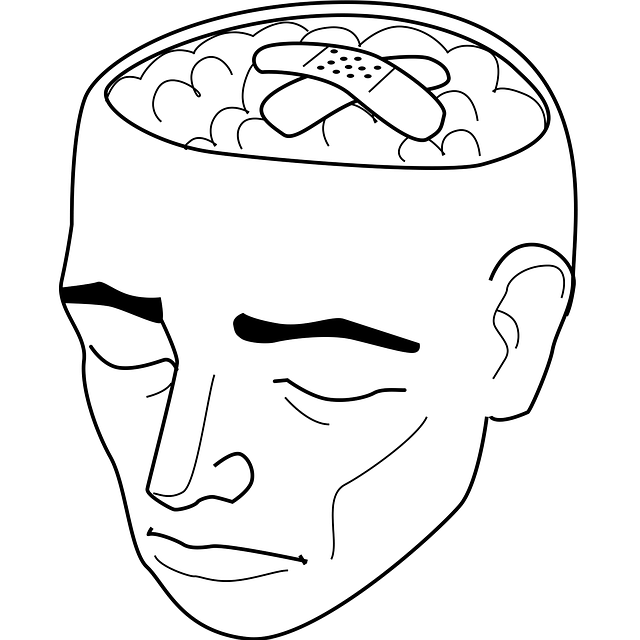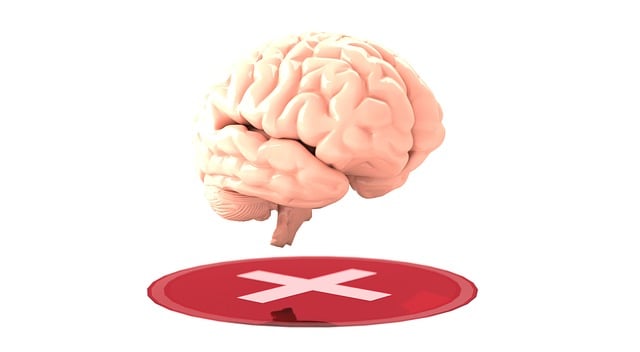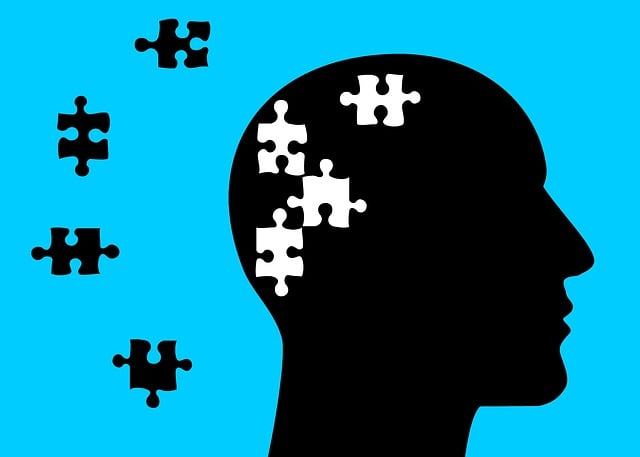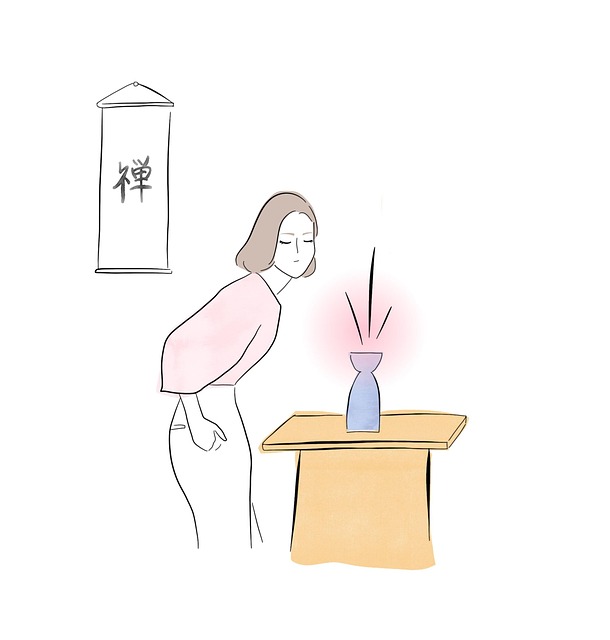Mental resilience is a crucial aspect of young adult mental health advocacy, and hypnosis is emerging as a powerful tool to enhance traditional therapy. Accepted as effective and non-invasive, hypnosis helps manage anxiety, depression, and stress. This ancient practice induces relaxation, fosters cultural sensitivity, and allows individuals to explore their subconscious beliefs. Digital age initiatives integrate hypnosis into online platforms, making therapy more appealing and accessible, while personal accounts highlight its impact on managing anxiety and preventing burnout. Hypnotherapy provides a safe space to confront fears and negative thought patterns, ultimately offering effective anxiety relief and fostering well-being for young adults.
Mental health advocacy initiatives are revolutionizing support systems, especially for young adults. This article explores innovative approaches, focusing on hypnosis as a therapeutic tool that’s gaining traction. We delve into how breaking mental health stigmas through advocacy promotes easier access to therapy for young adults. Additionally, personal stories highlight the transformative power of hypnotherapy, offering an alternative to traditional therapy methods. Discover why these initiatives are crucial in nurturing mental resilience among youth.
- Unlocking Mental Resilience: The Rise of Hypnosis as a Therapeutic Tool for Young Adults
- Breaking Stigma: Advocacy Initiatives to Promote Access to Therapy
- Personal Stories: How Hypnotherapy Transforms Lives and Challenges Traditional Therapy Methods
Unlocking Mental Resilience: The Rise of Hypnosis as a Therapeutic Tool for Young Adults

Mental resilience is a growing focus in young adult mental health advocacy, and hypnosis is emerging as a unique and effective therapeutic tool to unlock this inner strength. Hypnosis, once shrouded in mystery, is now recognized as a valuable method to enhance traditional therapy for young adults grappling with various mental health challenges. This ancient practice offers a safe, non-invasive approach, tailored to address specific issues such as anxiety, depression, and stress management.
The appeal of hypnosis lies not only in its ability to induce a relaxed state but also in its potential to foster cultural sensitivity within mental healthcare. By allowing individuals to access their subconscious mind, therapists can explore underlying beliefs and thought patterns, often influenced by personal and cultural experiences. This individualized approach, combined with compassion cultivation practices, enables mental health professionals to provide inclusive care, addressing the unique needs of diverse young adult populations while effectively managing risks through robust risk management planning.
Breaking Stigma: Advocacy Initiatives to Promote Access to Therapy

In today’s digital era, mental health advocacy initiatives are breaking down barriers and shattering the stigma surrounding therapy for young adults. Through innovative programs and accessible platforms, organizations are promoting open conversations about mental well-being. One such game-changer is the integration of hypnosis as a therapeutic tool, offering unique solutions for anxiety relief among the youth. By combining traditional talk therapy with hypnotherapy, many initiatives aim to enhance social skills training and provide trauma support services.
These advocacy groups are not only making therapy more appealing but also ensuring it’s accessible. They’re utilizing online platforms and peer-led support groups to reach young adults who might otherwise hesitate to seek help. This shift in approach encourages a culture of vulnerability, where individuals feel comfortable discussing their struggles and actively participating in their mental health journeys.
Personal Stories: How Hypnotherapy Transforms Lives and Challenges Traditional Therapy Methods

Personal stories from young adults who have sought therapy for anxiety relief and burnout prevention often highlight the transformative power of hypnotherapy. This alternative approach challenges traditional methods by tapping into the subconscious mind, where many emotional healing processes originate. Unlike conventional therapy sessions that can be lengthy and sometimes daunting, hypnotherapy offers a unique space for individuals to explore their deepest fears, past traumas, and limiting beliefs in a safe and controlled manner.
Through hypnosis, young adults have reported significant improvements in managing their anxiety symptoms and finding clarity in their emotional states. The process allows them to disconnect from negative thought patterns that have become ingrained over time. This form of therapy empowers individuals to take control of their mental health, offering tools for self-care and resilience. By addressing the root causes of stress and unease, hypnotherapy provides a game-changer solution for those seeking effective anxiety relief and a path to overall well-being.
Mental health advocacy initiatives, such as promoting therapy access for young adults through hypnosis, are revolutionizing mental healthcare. By challenging traditional methods and incorporating innovative tools like hypnosis, we can unlock mental resilience and break the stigma surrounding mental health issues. These personal transformation stories highlight the potential of hypnotherapy to reach and heal those who may otherwise be underserved by conventional therapy. As we continue to explore these alternative approaches, we move closer to a more inclusive and effective mental health support system tailored for young adults.









